Actionable Claims
Introduction
An actionable claim refers to a debt or claim on which legal action can be initiated in a court for relief or compensation. These claims are recognized by civil courts as valid grounds for relief, whether they are conditional, accruing, or otherwise. The concept of an actionable claim is defined under Section 3 of the Transfer of Property Act, 1882. In simple terms, an actionable claim is a debt or claim that allows a person to take legal action and approach the court for recovery.
Movable property, like chairs, bikes, or other tangible items, has a physical presence and can be possessed. Some movable properties, however, are classified as actionable claims. These are claims for unsecured debts or beneficial interests in movable property that are not in the claimant's possession.
For example, if Person X borrows ₹50,000 from Person Y without providing any security, the debt owed by X to Y is an actionable claim. If X fails to repay the loan, Y can approach the court to recover the amount.
Definition
According to Section 3 of the Transfer of Property Act, an actionable claim is a claim to any debt that is not secured by a mortgage, pledge, or hypothecation. Mortgages on immovable property do not fall under this section, and neither do pledges or hypothecations of movable property. Actionable claims can be transferred under the Transfer of Property Act, specifically covered in Chapter 8, which includes Sections 130 to 137.
Key Provisions Regarding Actionable Claims
Section 130
This section outlines the mode of transfer for actionable claims. The transfer must be done through a written instrument, signed by the transferor or their legal agent, to be considered complete. However, Section 130 does not apply to the transfer of marine and fire insurance policies.
Section 132
This section addresses the liabilities of the transferee of an actionable claim. The transferee assumes the liabilities and equities of the transferor.
Examples of Actionable Claims
- Claims for arrears of rent
- Claims for future rent
- The right to repurchase property
- Book debts
- The right to claim maintenance
- Claims for the benefit of a contract
- Deposit receipts
Non-Actionable Claims
- Decreed claims
- The right to sue (which is a right but not an actionable claim)
- Claims for mesne profits
Relevant Case Laws
Jugalkishore Saraf Vs Raw Cotton Co. Ltd
The Supreme Court held that a judgment debt or decree is not an actionable claim as no action is necessary.
Lachmi Koeri Vs the State of Bihar
The court pointed out that the transfer of arrears of rent is a type of transfer of an actionable claim and must be carried out according to the provisions of the Transfer of Property Act.
Rekhath Koeri Case
The court reaffirmed that the transfer of arrears of rent is indeed a transfer of an actionable claim, governed by the Transfer of Property Act.
Additional Sections
- Section 133: Discusses the warranty of solvency of the debtor, ensuring the transferee is protected if the debtor is insolvent.
- Section 134: Deals with mortgaged debts.
- Section 135: Covers the assignment of rights under fire insurance policies.
- Section 136: Addresses the incapacity of officers connected with the court of justice from being involved in such transfers.
- Section 137: Describes the saving of negotiable instruments and other exceptions.
Conclusion
An actionable claim encompasses any type of debt or beneficial interest in movable property that can be enforced through the courts. This includes any claim for money, whether the amount is fixed or uncertain. Despite some historical confusion and conflicting decisions, the law regarding actionable claims has become more defined under the Transfer of Property Act. However, further amendments may be necessary to clearly outline the rights and liabilities of the parties involved in such transactions.
Share
Related Post
Tags
Archive
Popular & Recent Post








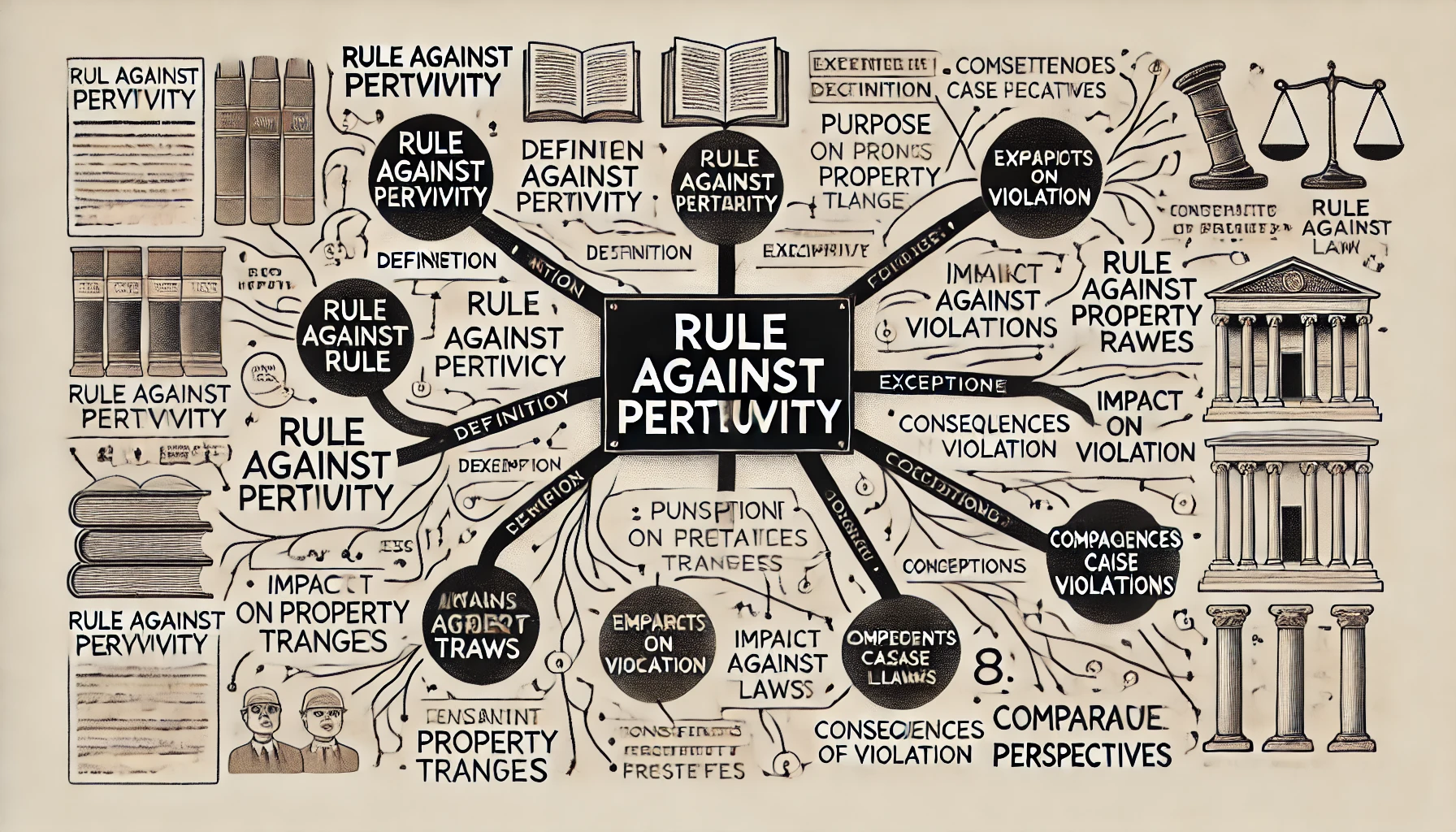
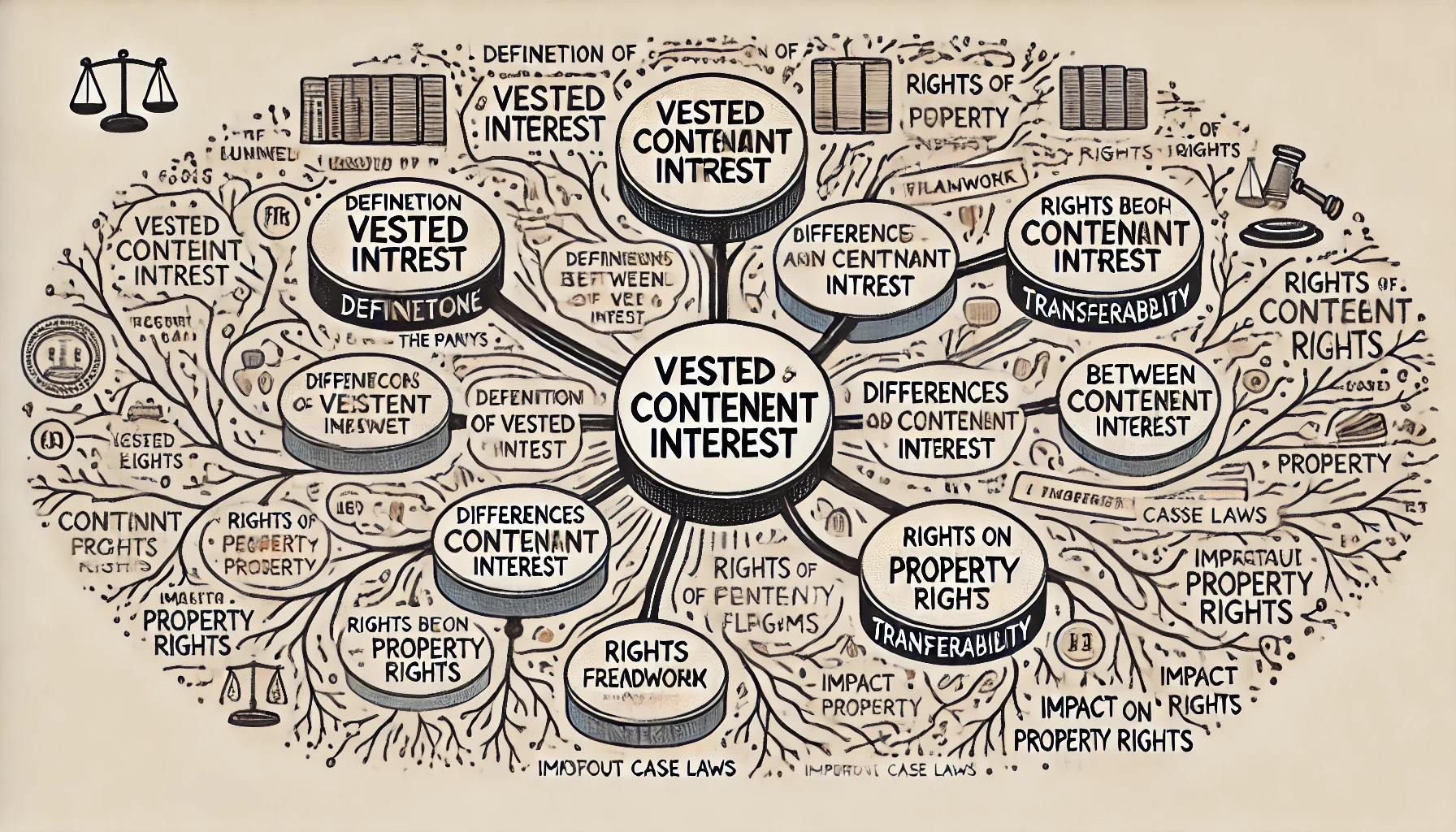
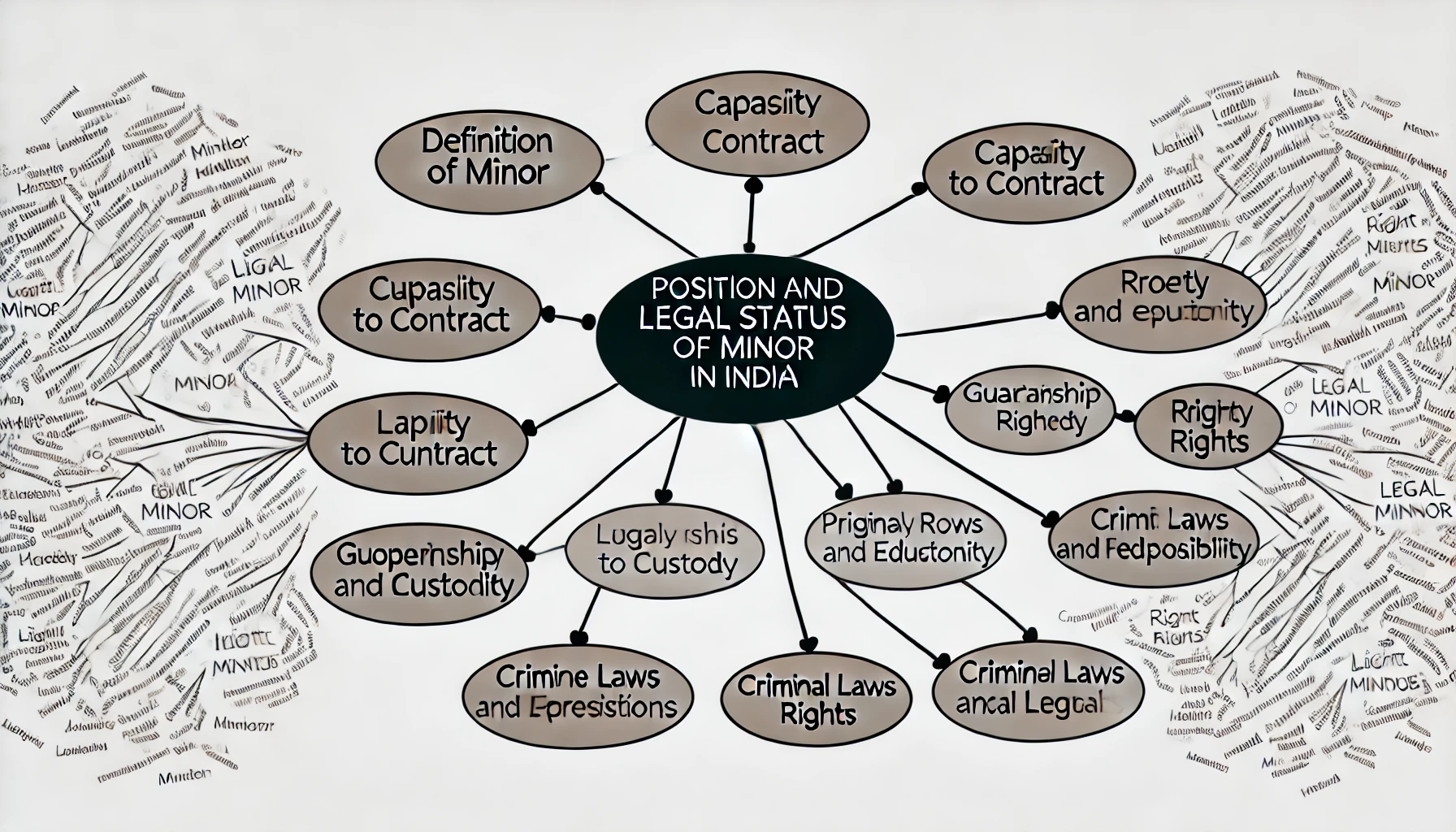
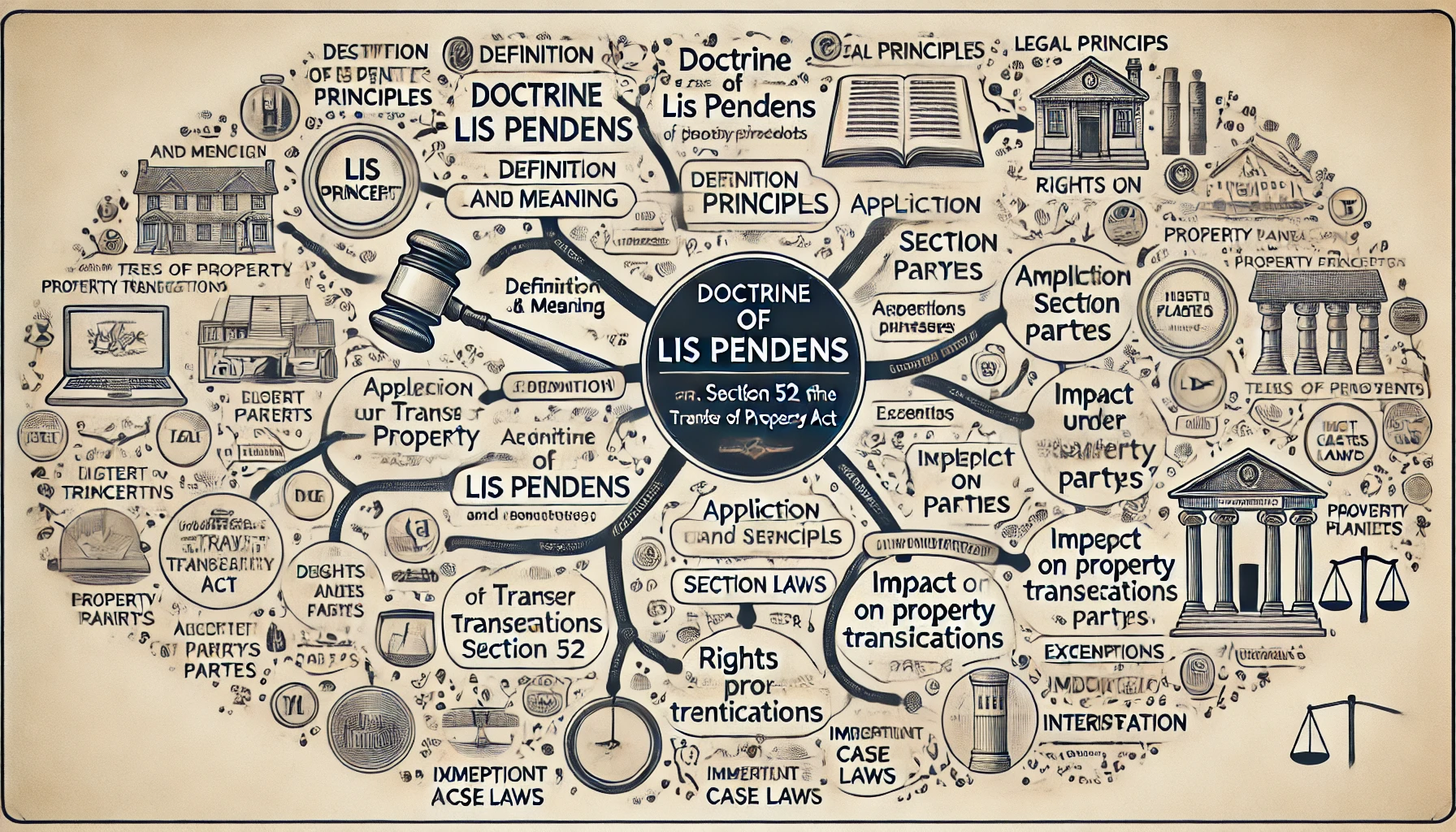
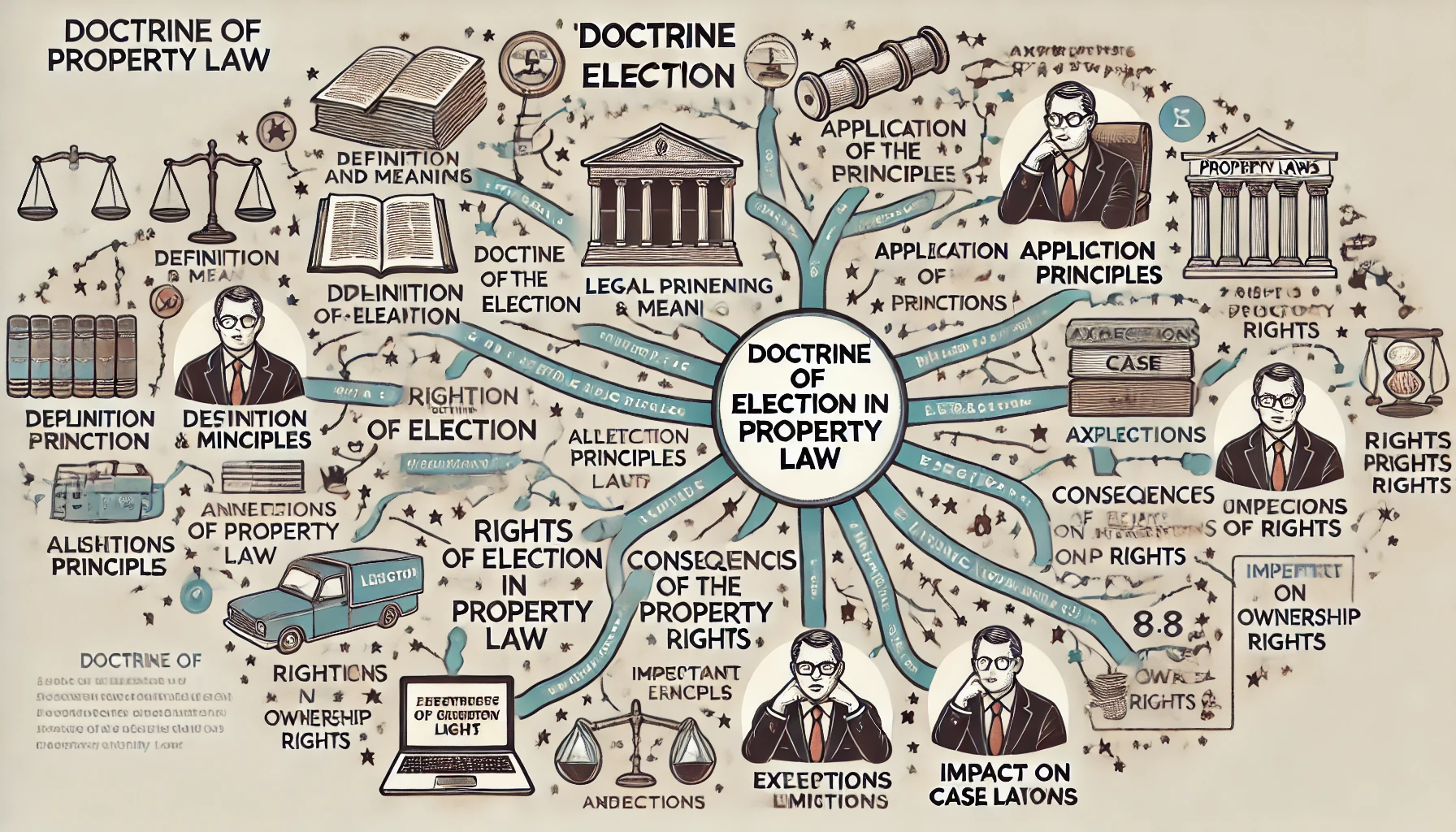
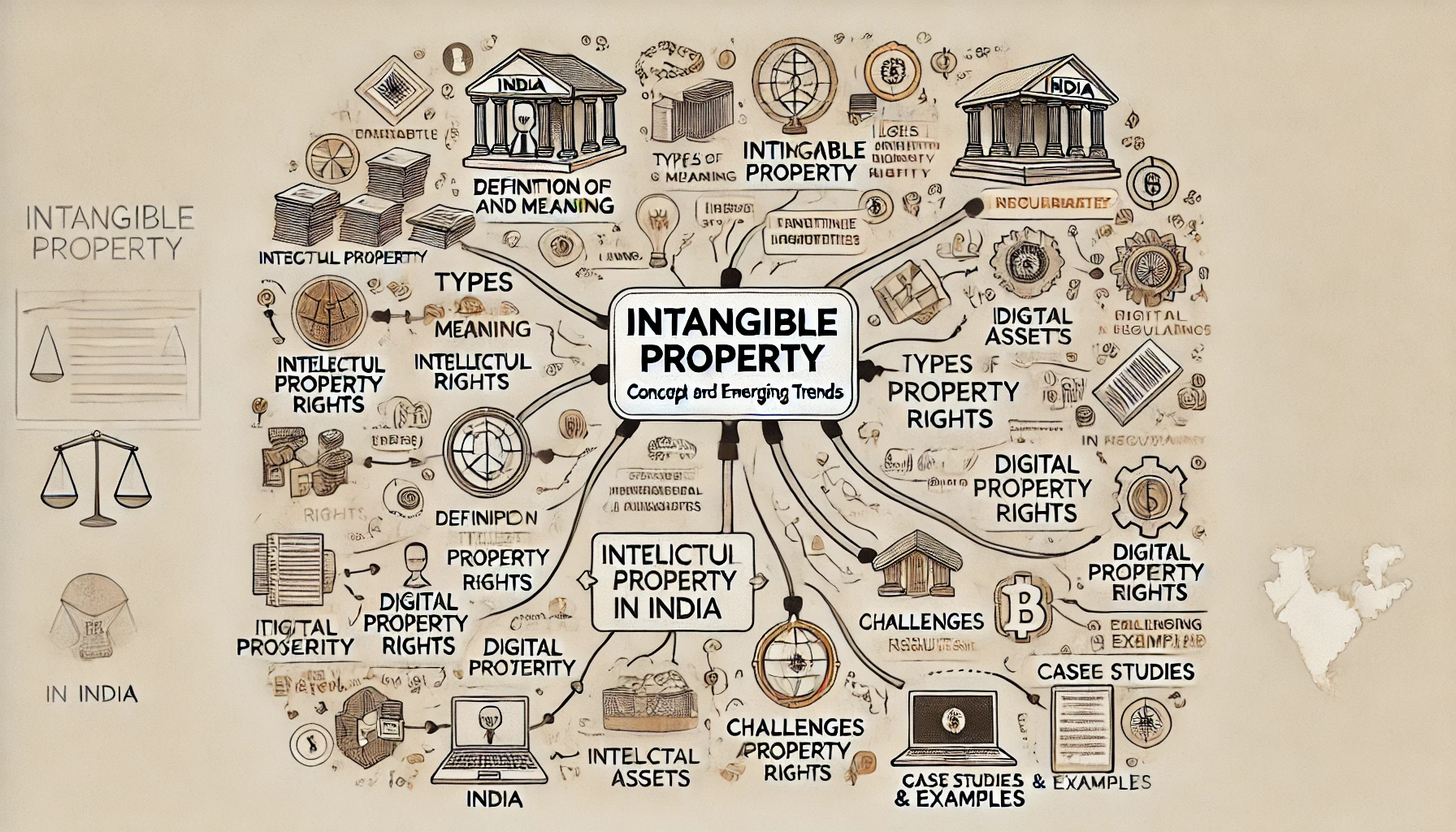
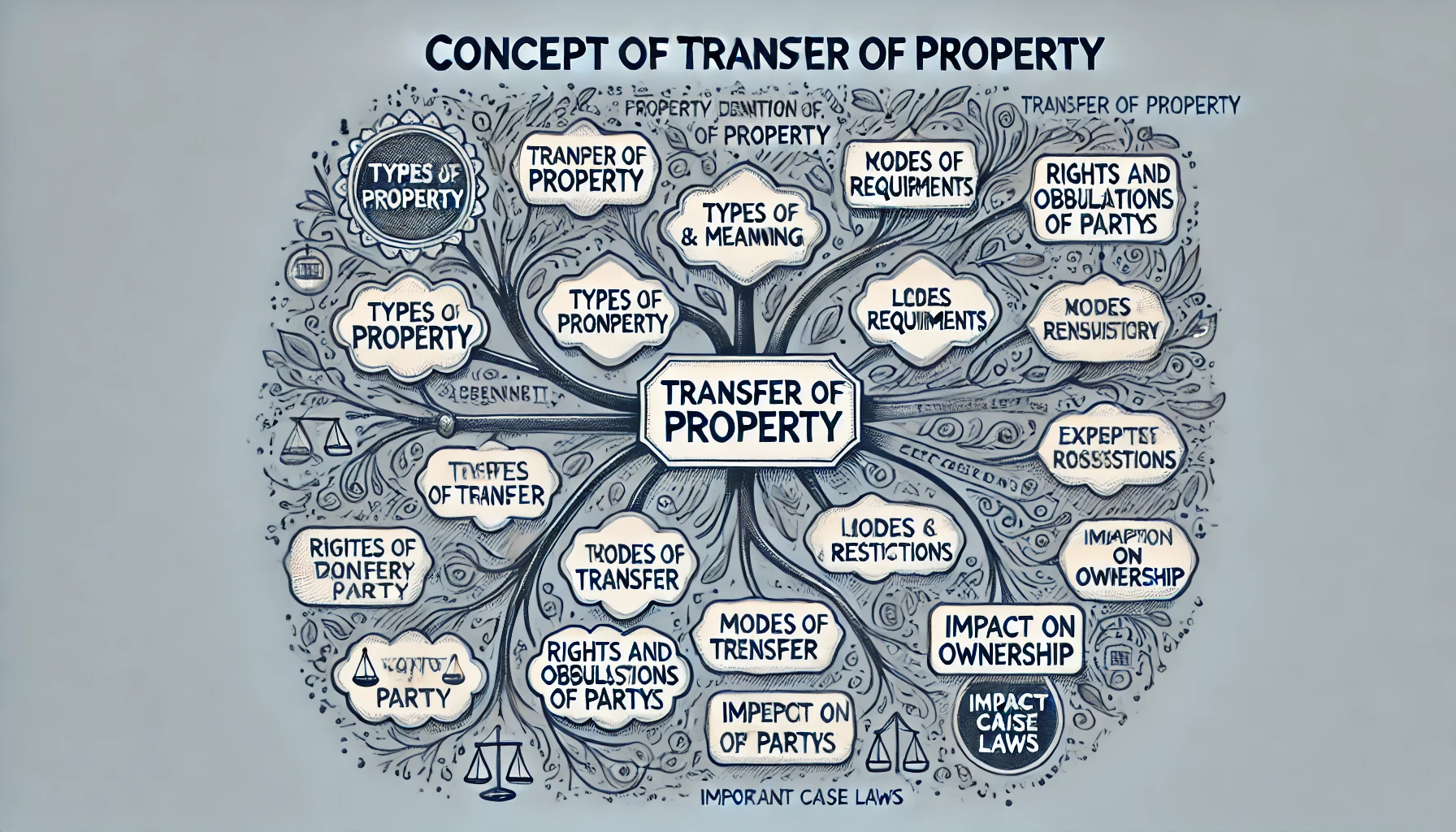
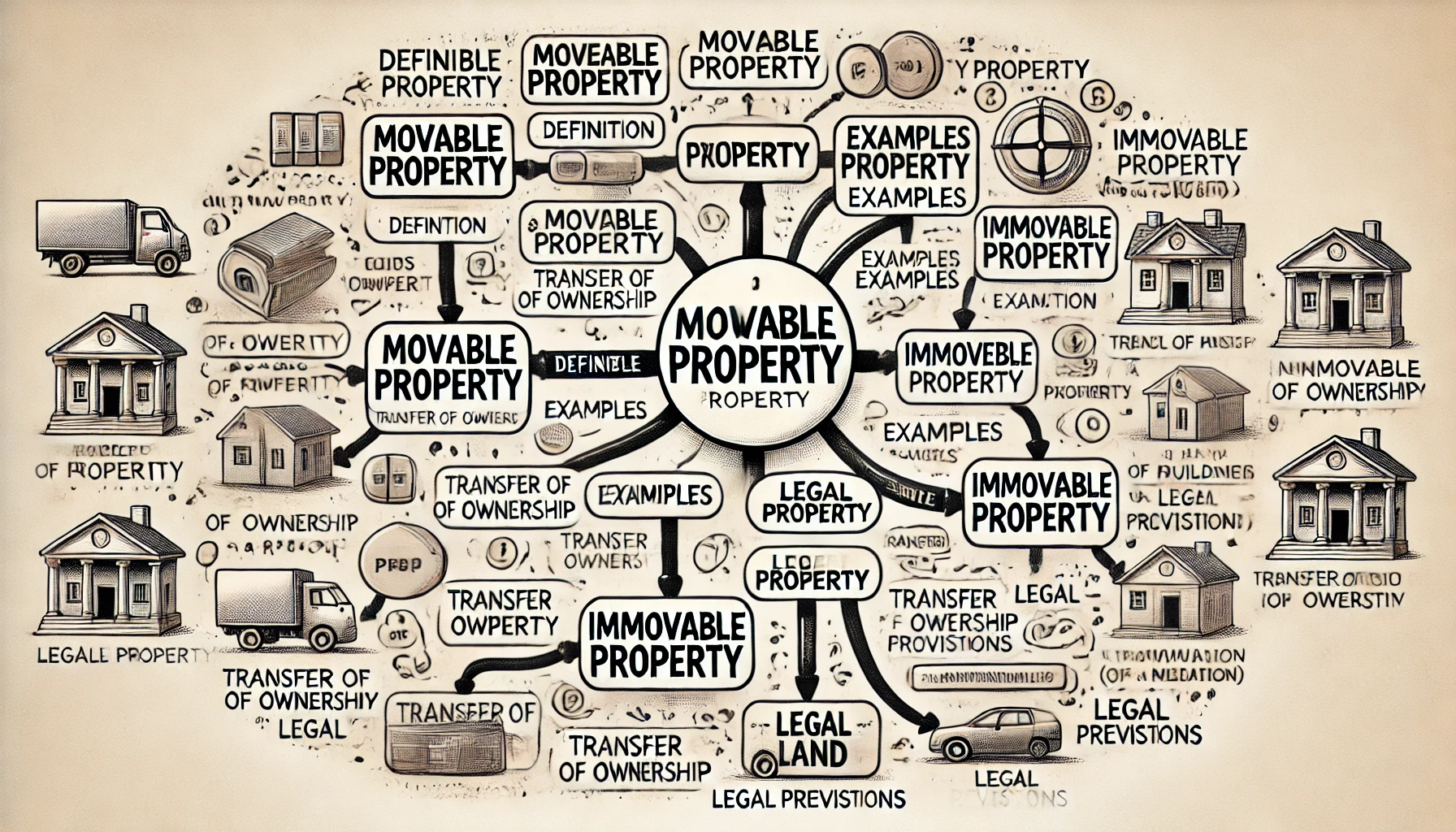


































































































Comment
Nothing for now